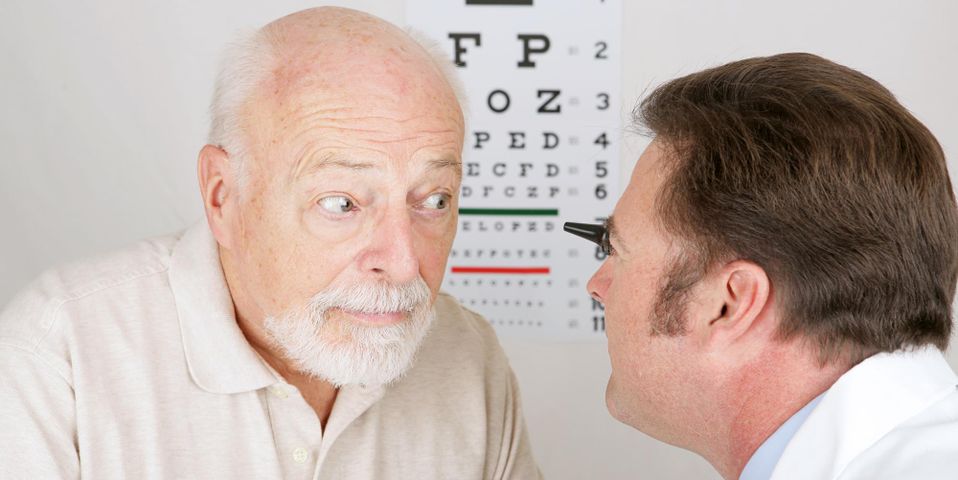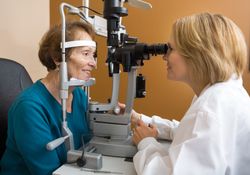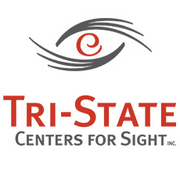
If you’re over 40, checking for cataracts is an important part of the exam your eye doctor provides each year. About 24 million Americans are living with cataracts, and it’s projected that number will double by 2050. While the condition is prevalent, it’s also highly treatable. Here’s what you should know about cataracts.
A Brief Guide to Cataracts
1. Condition
You have a cataract when the lens, which is located behind the iris, becomes clouded. The lens is vital to eyesight as it changes shape to help you focus on objects at different distances and refracts light to the retina. While clouding doesn’t affect the eye’s elasticity, it does affect the clarity of the images you see.
2. Signs & Symptoms
 Cataracts develop slowly and painlessly over time, and often, patients don’t notice them until they start to affect vision. Cloudiness, discoloration, halos around lights, or double vision are all common and noticeable signs. Your eye doctor may notice developing cataracts at your eye exam before you notice any symptoms.
Cataracts develop slowly and painlessly over time, and often, patients don’t notice them until they start to affect vision. Cloudiness, discoloration, halos around lights, or double vision are all common and noticeable signs. Your eye doctor may notice developing cataracts at your eye exam before you notice any symptoms.
3. Prevention
This issue develops with age, and while there’s little you can directly do to prevent it, you can see your eye doctor annually to check for signs of cataracts and other eye diseases. However, you can promote general eye health by adopting a diet rich in leafy greens, quitting smoking and excessive drinking, and wear sunglasses when outdoors to protect your eyes.
4. Treatment Options
Cataract surgery is available when your vision becomes impaired. During the procedure, which can be performed quickly and safely with a laser, the eye doctor removes the clouded lens and replaces it with a clear prosthetic that can also be customized to correct any vision issues you may have.
If you think you might have a cataract, visit the team of eye doctors at TriState Centers for Sight in Crestview Hills, KY. Dedicated to customer service, they operate multiple locations throughout the Tri-State area, so you can choose a center that’s convenient for you. These board-certified eye doctors treat a variety of conditions, including cataracts, corneal diseases, glaucoma, and macular degeneration. Call (859) 331-6616 to schedule an appointment or search for a center near you in the online directory.
About the Business
Have a question? Ask the experts!
Send your question

